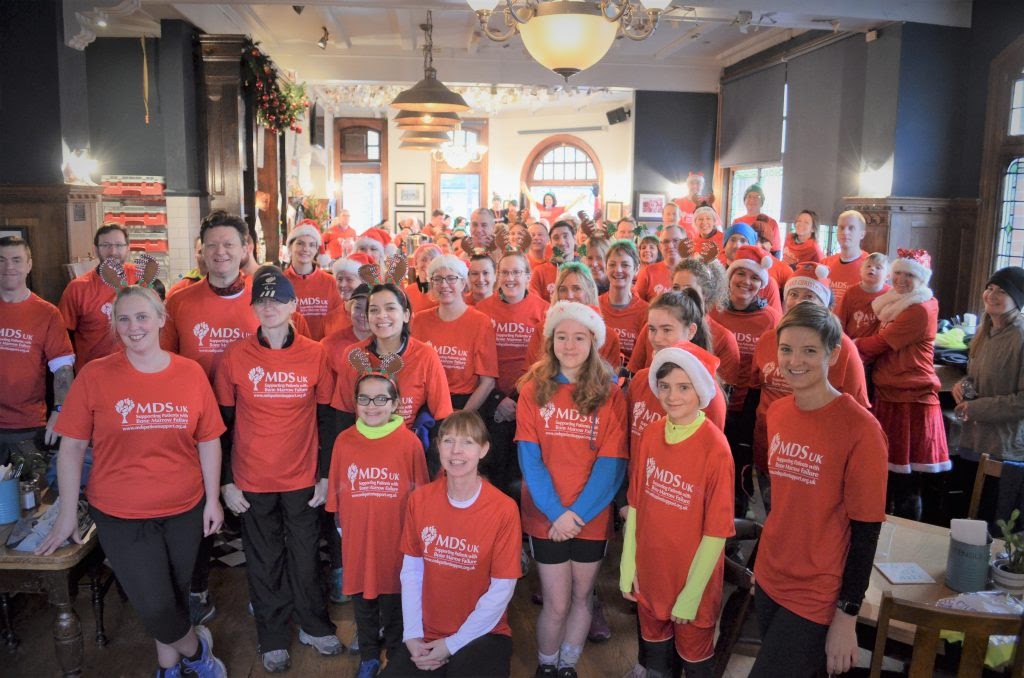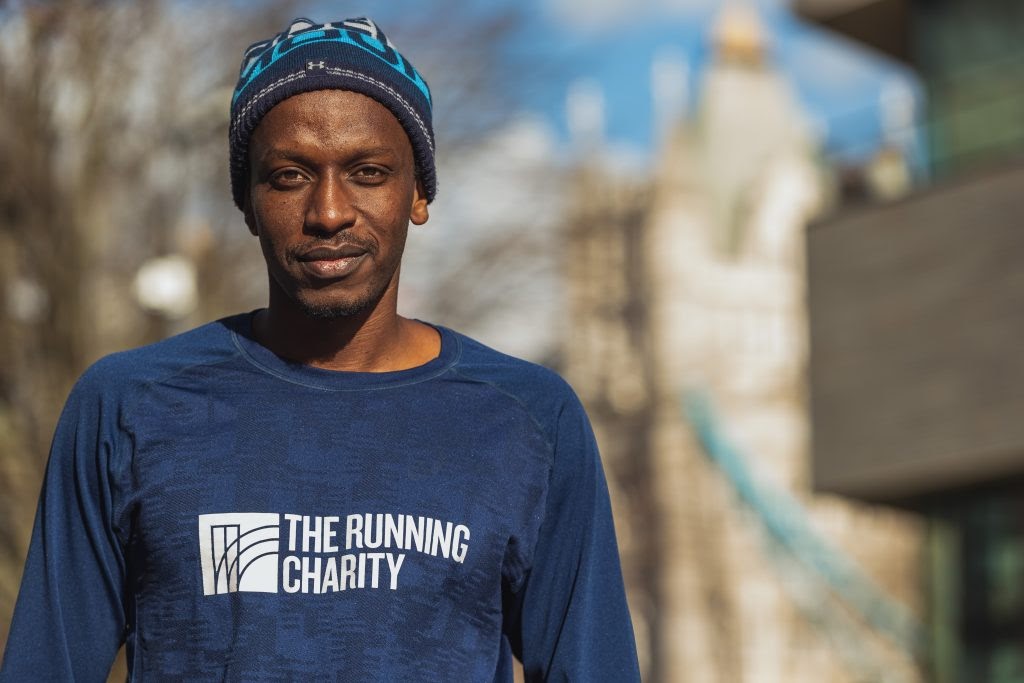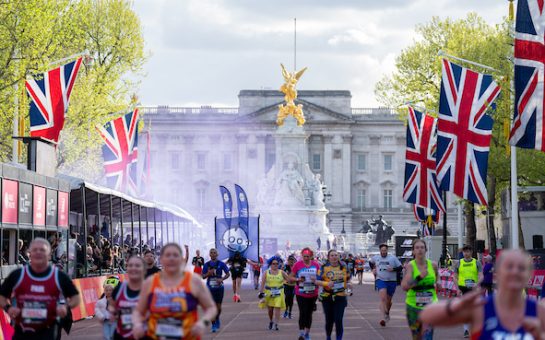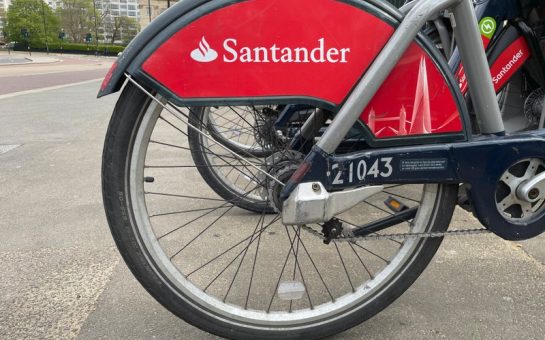Twickenham-based Bearcat Running Club (BRC) and The Running Charity (TRC), both founded in 2012, are changing people’s lives, one run at a time.
Both have noted an increase in those struggling with mental health issues during the pandemic, with TRC saying there have been more suicide attempts and self-destructive behaviour amongst those they help.
The BRC, started by Caitlin Limmer, brings together an eclectic group of runners of varied ages and abilities. The club’s ethos puts the people first and the running a close second.
Caitlin is a race director, motivational speaker and is training to become a life coach, using her physical skills and 20-year passion for people to shape lives. She said: “For me, it’s all about the people and making them the best they can be.”

In her early 30s, Caitlin was given 40 minutes to live. After nearly losing her life, she had to get better, so she decided to start running. Initially, she hated running: “I absolutely loathed it, but it changed my life.”
She has now run 17 marathons.
Caitlin acknowledges the physical benefits. She said “But for me, it’s about the other side, the mental side. It’s a ripple effect; the confidence running brings transforms other aspects of people’s lives.”
Caitlin actively encourages those suffering with their mental health to run because she firmly believes it helps to integrate oneself into a community and “by getting out the house, into nature, you can get out of yourself.”
While she is incredibly proud of the BRC’s multi-marathoners, she said: “For me, the biggest achievements are the mental health achievements, just people keeping their head above water.”
The Running Charity set up by Alex Eagle and James Gilley has a similar ethos to the BRC. After James lost a friend to an overdose, the pair wanted to change young, homeless people’s lives through running.
“We’re not here to make great runners, we’re here to bring people into a community where they are cared for. We see them finding their place in the world and being happy as success,” says Alex.
It is initially challenging. “How do you convince someone who doesn’t have a roof over their head to go for a run?” Alex asks. But they see tangible results quickly.
Around 90% of the young people are employed by the time they graduate from the programme.
TRC’s pilot programme helped 12 young people from a Kings Cross hostel; one of them was Claude Umuhire.
Sleeping rough at just 18, Claude had lost his confidence and self-worth.
“You pick up negative behaviours; I did anything I could to feel numb and less scared,” he explains.
“There was no light at the end of the tunnel. But instead of escaping my reality, I gave the programme a chance.”
Like Caitlin, Claude hated running at first, but Alex and James helped him to set goals and persevere for one month.
“It gave me a new purpose in life. I started to think that I didn’t deserve to be homeless,” says Claude.

Claude, now 28, runs six times a week, has completed countless 5ks, half marathons and two London Marathons. In 2018, he was awarded London Marathon’s Spirit of London award along with the likes of Paula Radcliffe, the current world record holder.
“Running for me is like therapy. By the end, I have a healthier outlook on my life,” says Claude.
Claude became TRC’s first programmes officer in 2015. Speaking from experience he says: “Young homeless people are incredibly resilient, they just need someone to show them how to work their own way out of their situation.”
Claude’s message to those who are struggling can resonate with us all, regardless of our situation: “Nothing is ever final.
“You can always find a way out. Don’t give up on hope; once you accept this is where you are and will be, then you will physically give up, too.
“Don’t give up and accept the situation, you always have the power to change it.”
If you have been affected by any of the issues raised, you can contact the Samaritans on 116 123.
Featured image credit: Ben Knight.





Join the discussion
[…] Read original article here […]